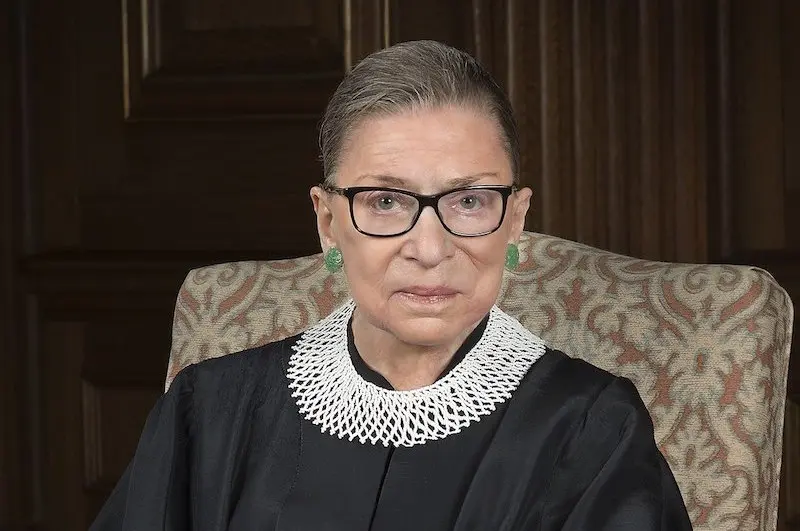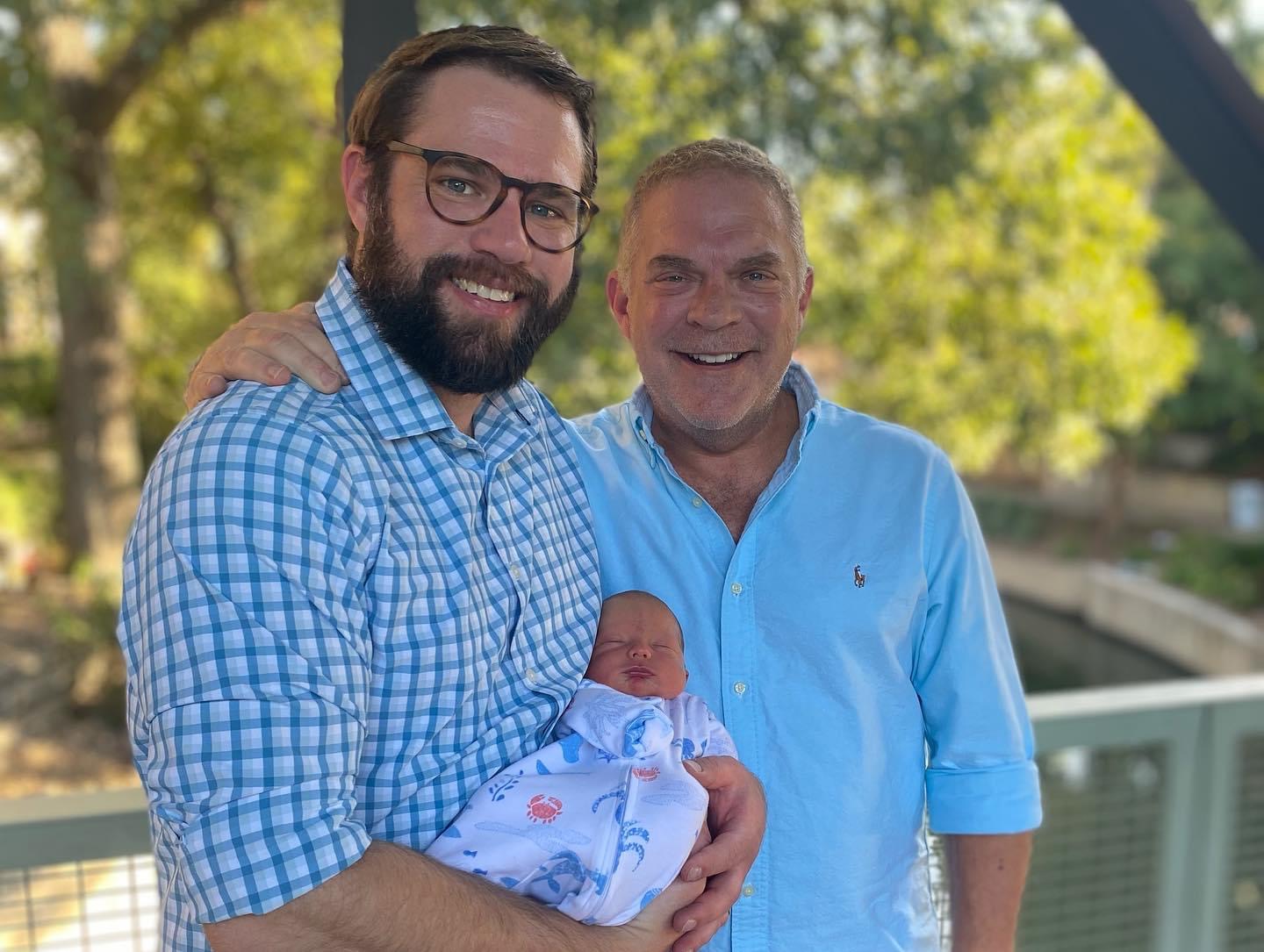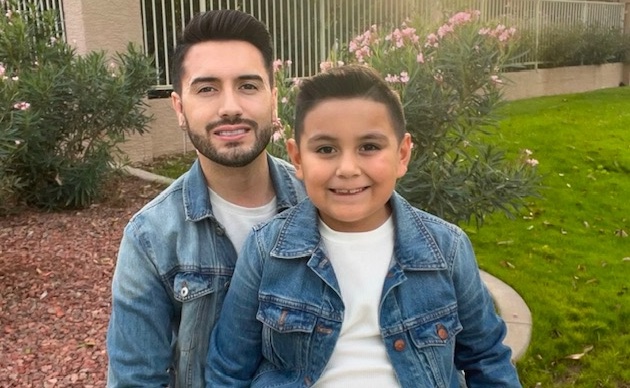Let’s set politics aside for a moment in order to celebrate Justice Ruth Bader Ginsburg’s life and career — she was a true champion for LGBTQ rights.
I’m not proud to admit that, on hearing of the death of Justice Ruth Bader Ginsburg, my mind immediately jumped to the political implications of her passing. It is truly terrifying to think what her death might mean for the upcoming election, the rights of women, LGBTQ people and people of color, and the balance of power on the Supreme Court — which has already lurched irreparably to the right over the last four years.
But there will be plenty of time for politics. Justice Ginsburg deserves to be celebrated for her incredible life and career as a champion of equality— first as a lawyer and later as a judge when she was appointed to the Supreme Court in 1993.
Her career is unparalleled. One of the only women in her graduating class at Columbia Law School, Justice Ginsburg went on to found the Women’s Rights project at the ACLU — from where she argued and won many cases in front of the Supreme Court that helped advance gender justice. Among her most notable successes, in 1971, Justice Ginsburg persuaded an all male court to apply the 14th Amendment’s equal protection clause to sex-based discrimination.
Her work then, and later as a judge, has had direct implications for the rights of LGBTQ people in this country. Though Justice Anthony Kennedy, who stepped down from the court in 1988, authored more of the court’s opinions and is more often associated with the Supreme Court’s legacy on LGBTQ rights, Justice Ginsburg was an undeniable ally and advocate for the queer community. Not only did she support the pro-LGBTQ position in 13 of the 15 cases concerning LGBTQ rights she heard while on the court, but her opinions and arguments contributed to the legal precedents on which many of those cases were decided.
Just this past June, the Supreme Court found it illegal to discriminate against LGBTQ people in the workplace — specifically, that the language in Title VII of the federal Civil Rights Act that prohibits discrimination “on the basis of sex” includes discrimination based on sexual orientation and gender identity. During oral arguments, Ginsburg noted that our definition of “sex” has changed over the years. “No one ever thought sexual harassment was encompassed by discrimination on the basis of sex back in ’64,’” she said. “And now we say, ’Of course, harassing someone, subjecting her to terms and conditions of employment she would not encounter if she were a male, that is sex discrimination.” The same evolution, she argued, has also occurred with respect to sexual orientation and gender identity.
We are fortunate that Justice Ginsburg’s vision of gender equality was expansive and broad enough to include LGBTQ people — largely for this reason, we can now marry who we want, are protected in our workplaces from discrimination, and can adopt children in every state in this country.
Thank you, Justice Ginsburg. Now it’s our turn to fight.






